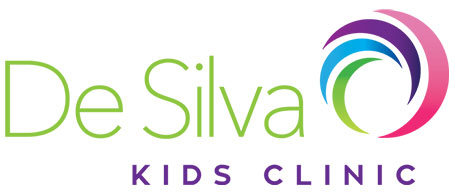Phonological awareness is the ability to manipulate sounds in spoken words. Syllables and words are made of individual sounds called phonemes. For example, the word ‘cat’ has three phonemes: /c/ /a/ /t/.
Some children struggle with perceiving and manipulating sounds. For instance, they may struggle to identify different sounds in words or the number of syllables in words. This may lead to weak reading and spelling skills. They may then get frustrated and perform poorly in school.
The good news is a speech pathologist can help by identifying if a child has phonological awareness difficulties and provide a therapy program to develop these skills.
Here are some strategies speech pathologist use to develop a child’s awareness of sounds:
– Breaking words into their individual sounds
For example, b-u-n (bun), s-t-o-m-p (stomp)
– Clap out the number of syllables in a word or sentence
For example, clap your hands as you say your name ‘Ra-chel’. Now, tell me the number of parts in the name ‘Rachel’
– Deleting, adding or substituting syllables or sounds
For example, say ‘man’ without the /m/ sound, or say ‘doorbell’ now say it again, but don’t say ‘door’
– Producing rhyming words
For example, tell me a word that rhymes with ‘big’ (pig)
Studies have shown that children with strong phonological awareness skills are more likely to have strong reading and writing skills. So teach your child connections of speech sounds within words using fun activities. If your child seems to be struggling with reading and spelling, they may benefit from phonological awareness instruction.
Written by Tasneem Abdul Samad, Speech Pathologist.


